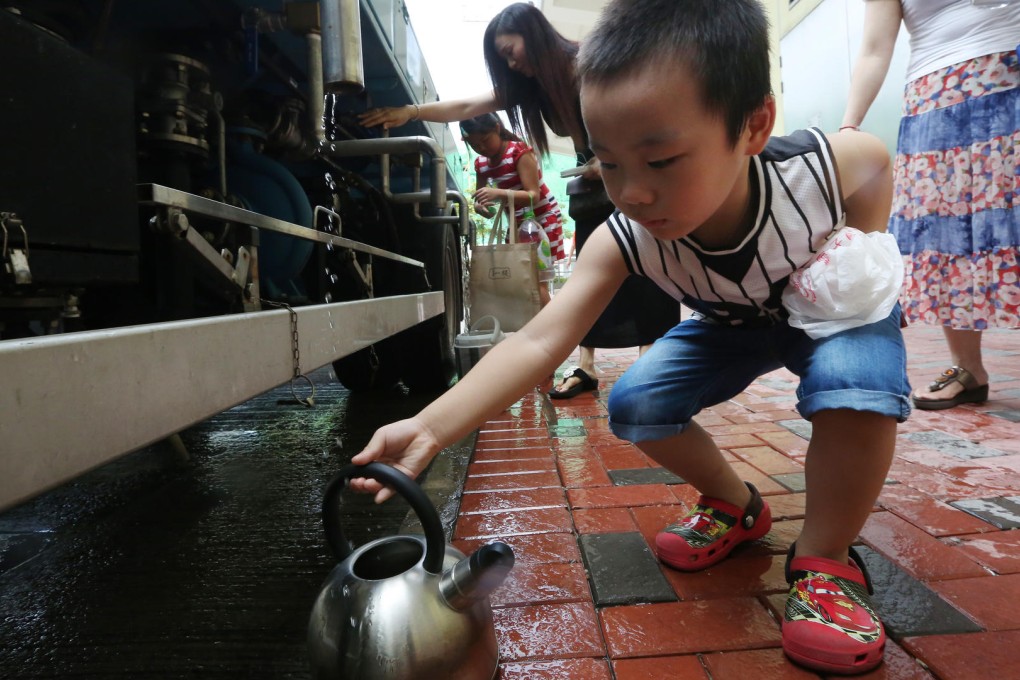Lead contamination should spur Hong Kong to review its water safety protocols
William Tse says while officials must act quickly to clean up the lead contamination in our tap water, society as a whole must review protocols to ensure better standards

The discovery of excessive lead in tap water at several public housing estates - plus the legionella bacteria at one estate - has raised public alarm over water safety in Hong Kong. In fact, the Water Supplies Department has strict guidelines on drinking-water quality, based on World Health Organisation standards. Basically, microbe content, radioactive substances, chemicals such as DDT, and heavy metals, including lead, are all tested for.
Based on the report from April 2014 to March 2015 of samples collected from different sites, including water treatment works, distribution networks and consumer taps, the lead content in drinking water is less than 0.001 milligram per litre, which is much lower than the WHO guideline. However, the contamination scandals at Kai Ching Estate in Kowloon City and two other housing estates show that the data might not be fully representative.
The major concern is the health risk. Lead is toxic, and lead poisoning can cause organ failure and affect brain development.
Some claim that a small amount of lead is nothing to worry about, as it is commonly found in the environment and in some plant products, such as herbal medicine and tea. However, the case at Kai Ching Estate is different and unusual. Although the level of lead in the water was not so high as to produce acute effects, there is no information about how long residents have been exposed to the contamination. Prolonged exposure of a small amount of lead may be harmful.
Lead contamination in water is almost always due to corrosion of pipes or solder containing lead, the use of which has been banned for decades. It is very unusual for such new estates to encounter these problems.
After the contamination was discovered at Kai Ching, water at the other estates served by the same licensed plumber, Lam Tak-sum, was also tested. So far, water from Kwai Luen Estate in Kwai Chung and Shui Chuen O Estate in Sha Tin was also found to contain excessive lead. One possible source of such widespread contamination might be the pipe materials; if lead was mixed in during the manufacturing process, more contaminated water samples may be found.